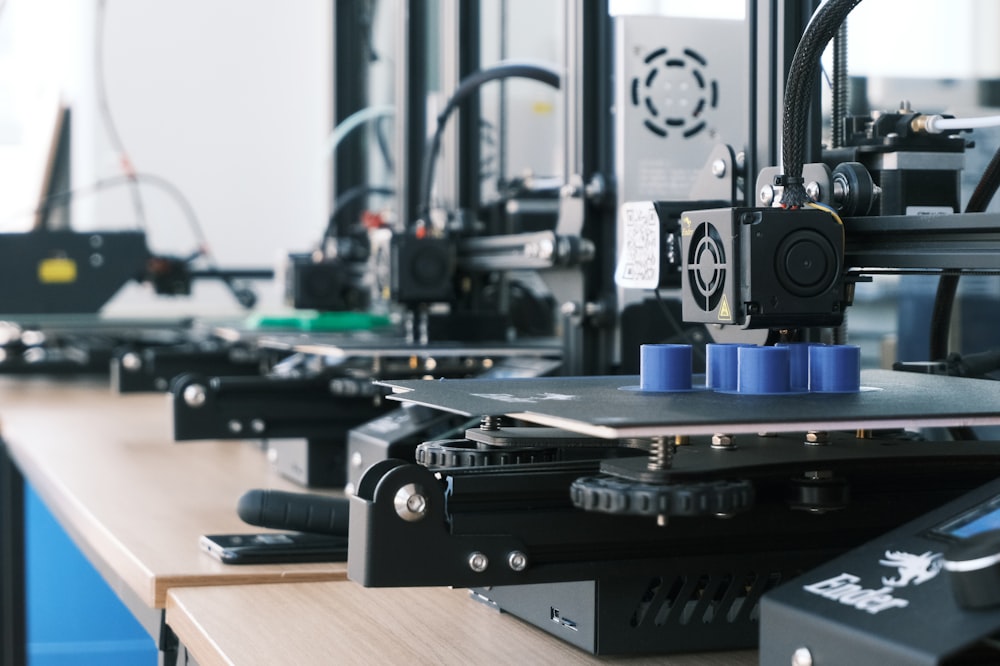
Elevating Excellence Continuous Improvement in Manufacturing
Elevating Excellence: Continuous Improvement in Manufacturing
Welcome to the realm where perfection is not a destination; it’s a journey. In this exploration, we delve into the philosophy of continuous improvement in manufacturing – a relentless pursuit of excellence that transcends complacency and propels industries toward unprecedented heights of efficiency and innovation.
Foundations of Continuous Improvement: A Cultural Commitment
Continuous improvement in manufacturing is not merely a methodology; it’s a cultural commitment. It starts with fostering a mindset where every member of the organization is an active participant in the pursuit of perfection. This cultural foundation sets the stage for a dynamic and responsive manufacturing environment.
Kaizen Philosophy: Small Steps, Big Impact
At the heart of continuous improvement is the Kaizen philosophy – a Japanese term meaning “change for better.” Kaizen emphasizes making small, incremental improvements consistently. It’s not about radical transformations but the cumulative impact of countless small enhancements across processes, workflows, and employee practices.
Lean Manufacturing Principles: Streamlining for Efficiency
Continuous improvement aligns seamlessly with lean manufacturing principles. The goal is to eliminate waste, whether it’s excess inventory, unnecessary waiting times, or inefficient processes. By streamlining operations, manufacturers optimize resources, enhance productivity, and deliver greater value to customers.
Data-Driven Decision-Making: Insights for Innovation
In the age of continuous improvement, data becomes a powerful ally. The collection and analysis of data provide insights into every aspect of manufacturing. From identifying bottlenecks to predicting maintenance needs, data-driven decision-making becomes the compass guiding the journey toward operational excellence.
Agile Manufacturing: Flexibility for Changing Demands
Continuous improvement nurtures agile manufacturing practices. In a rapidly evolving market, the ability to adapt swiftly to changing demands is crucial. Agile manufacturing embraces flexibility, allowing organizations to adjust production processes, respond to customer needs, and stay ahead in a competitive landscape.
Employee Empowerment: Catalysts for Innovation
The philosophy of continuous improvement places a strong emphasis on employee empowerment. Engaged and empowered employees become catalysts for innovation. By fostering a culture where every team member feels encouraged to contribute ideas and improvements, organizations unlock a reservoir of creativity and problem-solving prowess.
Total Quality Management (TQM): A Comprehensive Approach
Continuous improvement aligns harmoniously with Total Quality Management (TQM). TQM is not just about meeting predefined quality standards; it’s a holistic approach that involves every aspect of the organization. From supplier relationships to customer satisfaction, TQM ensures that quality is ingrained in every facet of the manufacturing process.
Benchmarking Excellence: Learning from the Best
Continuous improvement involves benchmarking – a process of comparing performance metrics with industry leaders or best-in-class organizations. By learning from the best, manufacturers can identify areas for improvement, set ambitious yet achievable goals, and strive to surpass industry standards.
Explore Continuous Improvement in Manufacturing at Reltix.net
To delve deeper into the world of continuous improvement in manufacturing, explore Continuous improvement in manufacturing. This platform serves as a hub for insights, case studies, and the latest trends in continuous improvement. As industries elevate excellence, continuous improvement stands as a beacon guiding the way to a future






